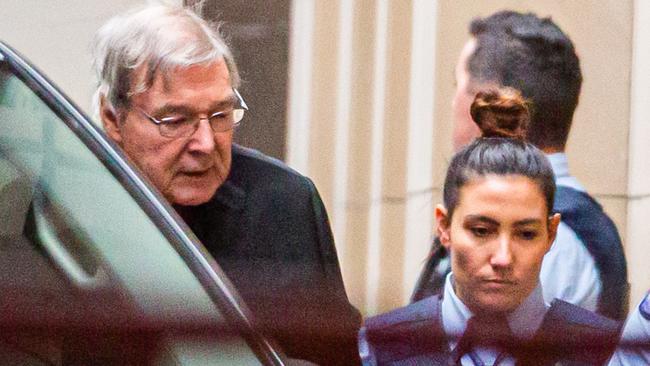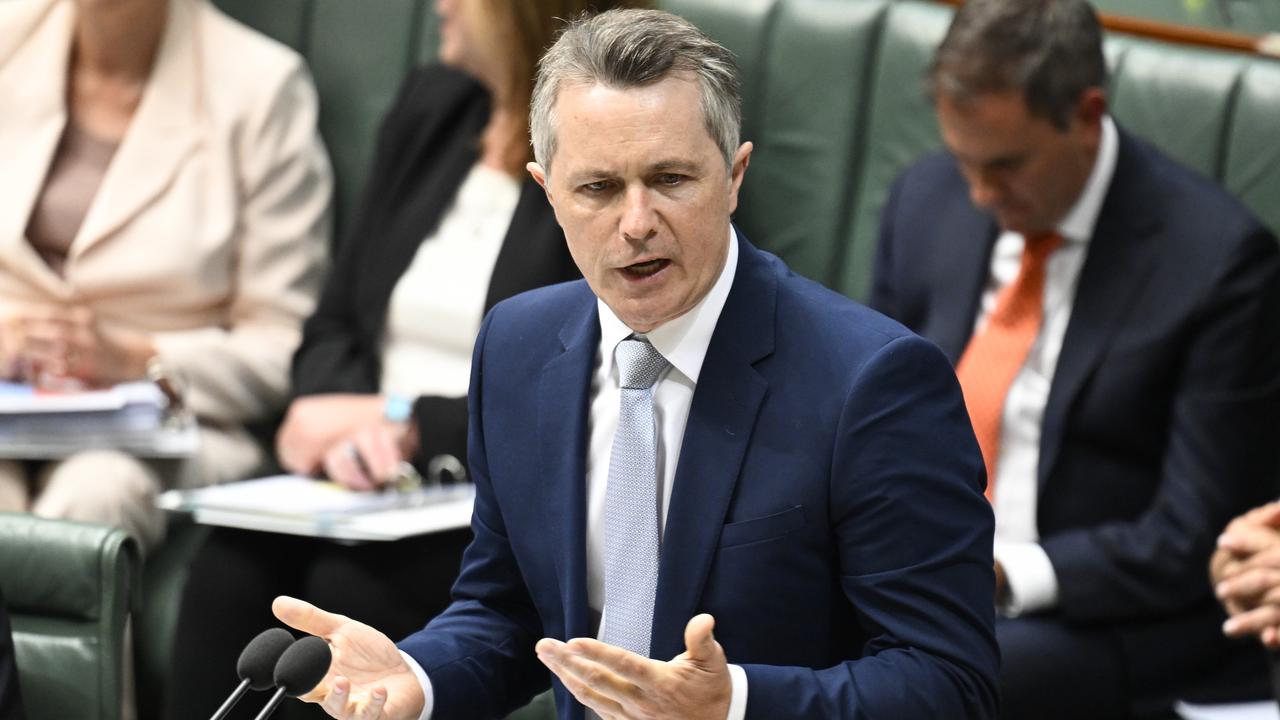
It is widely accepted that, in a professional sense, the prosecution performed admirably during the County Court trials.
Mark Gibson QC’s second closing in the Pell case is evidence of how he made the absolute most out of a very difficult, highly-contested legal matter.
So much so that Justice Mark Weinberg today described Gibson as having done a “fantastic’’ job prosecuting Pell.
This was not a partisan observation. Weinberg spoke highly of the defence as well.
But Gibson’s successor in the Court of Appeal, Christopher Boyce QC, had, by contrast, a very tough morning in the office.
MORE: Pell appeal live coverage
So much so that it looked like the courtroom momentum had moved back towards Pell, although these things are difficult to measure.
Pell seemed relaxed and engaged as the prosecution attempted to cement their case before the Court of Appeal.
Boyce had a nasty slip-up when he accidentally mentioned the complainant’s name and appeared, at times, unfortunately nervous.
Whether this impacts at all on the prosecution may never be known.
However, there was what appeared to be one significant moment, when Boyce accepted that the prosecution’s case may have been in “some difficulty’’ if Pell had been on the steps of St Patrick’s Cathedral for 10 minutes after Solemn Mass.
This cuts to whether or not Pell would have had time to sexually assault the choir boys in the priests’ sacristy.
It related in part to evidence from Monsignor Charles Portelli, who has said that he was rarely, if ever, away from Pell in the cathedral and that it was Pell’s habit to meet and greet the faithful.
The County Court had heard that after mass he would meet parishioners on the steps of the cathedral before moving back to the sacristy to change.
Portelli’s evidence, and the extent to which the Court of Appeal believes his accounts, will be crucial to the appeal.
Boyce also placed the complainant front and centre of today’s proceedings.
Principally, that he was neither a liar nor a fantasist.
Boyce said that the evidence was that the complainant was entirely credible and his knowledge of the layout of the room where the offending occurred supported this.
“It supports the truth of the account,’’ he said.
But Boyce also conceded that the offending would have to have occurred soon after mass ended.
This will be a crucial fact being examined by the Court of Appeal.
The jury may have believed the complainant but the court will have to decide whether the evidence justified the verdicts.



